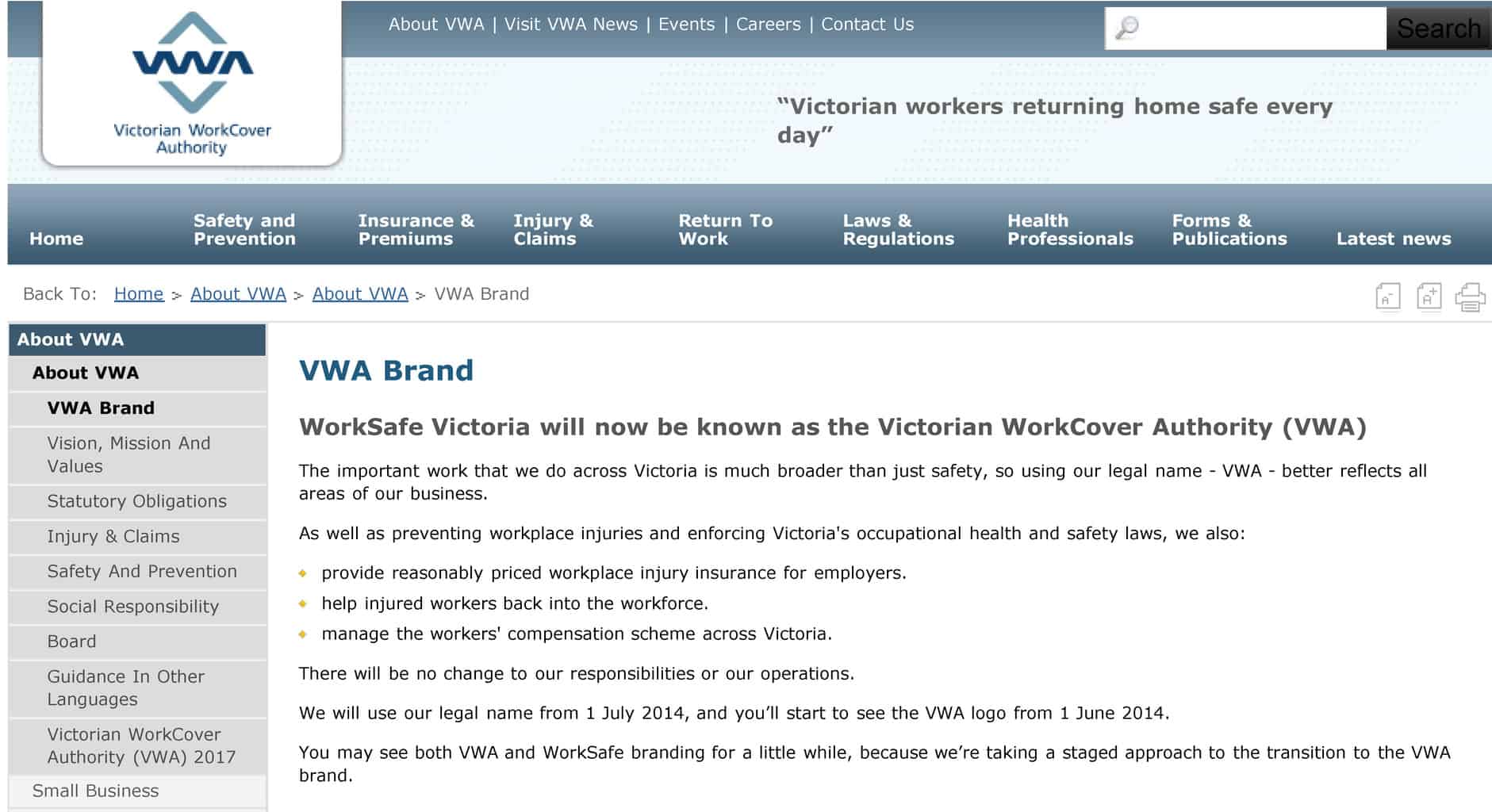SafeSearch has released the latest edition of its Australasian survey of occupational health and safety (OHS) salaries. A couple of years ago the recruitment company started including some qualitative questions. The latest survey generated a media release that says
“…the role of safety within an organisation is being redefined due to out-dated and ineffective strategies.”
And quoted Aaron Neilson, the company’s General Manager, saying
“Currently safety strategies are seen as a potential business burden. They are not always developed in tandem with broader business objectives, and risk being viewed as inhibitive.”
The motivation for these changes is never identified or speculated over.
Traditionally changes in the occupational health and safety (OHS) sector have originated from the existence of a hazard leading to the generation of outrage which results in legislative change. The presence of research evidence may speed up the change process. However this does not seem to be what is generating the current change in safety, according to Neilson. Continue reading “What happened to leadership?”

 Just over six months ago the (conservative) Victorian Government
Just over six months ago the (conservative) Victorian Government